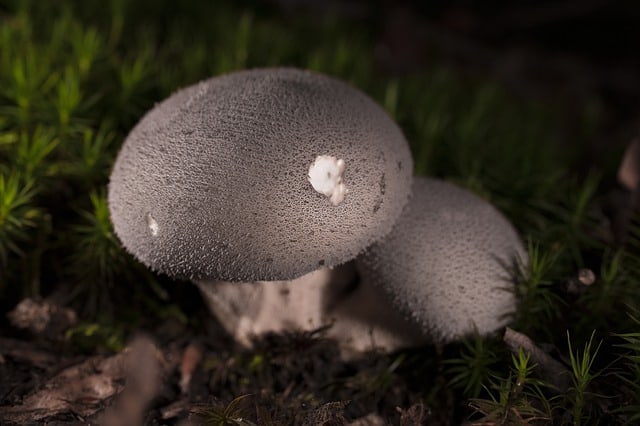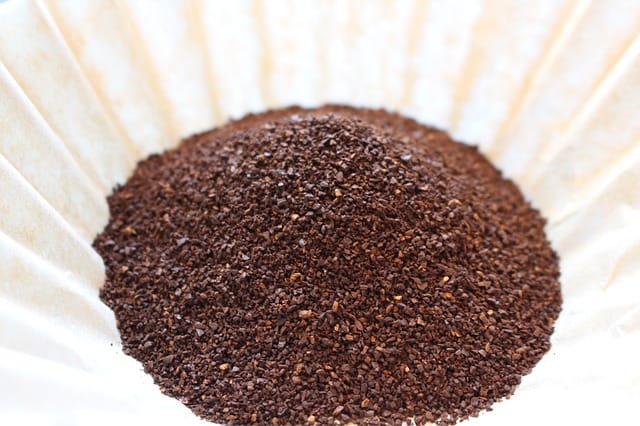The ginseng plant is widely used in alternative medicine. This medicinal plant is also illegally harvested and used as an aphrodisiac and energizer.
Although the true illegality is not the product but the illegal harvesting of the ginseng. Although ginseng harvest is not illegal in all countries, some countries have set legal restrictions for their collection.
To plant these plants, you must have a license in accordance with the law and plant within certain rules. The areas allocated for ginseng cultivation are granted on the condition that they are controlled by the state.
Why is Growing Ginseng illegal?
The ginseng plant has been a healing agent for centuries in the field of alternative medicine. Over the years, almost every society has sought a cure for diseases by using ginseng.
Ginseng is a perennial herb. However, due to the enthusiasm of some producers to get an early harvest, these plants are destroyed when harvested too early.
Those who harvest illegally are punished with fines and jail sentences in some places for repeat offenders. Producers must have a license to grow ginseng under the laws of their state, failure to acquire a license before growing is also illegal.
Ginseng is a slow-growing plant, and is also used as a raw material in the production of some illegal products.
For this reason, state-approved producers have been allowed to produce this plant.
Is Buying Ginseng illegal?
It is illegal to buy the ginseng plant at an early age from an illegal producer. A ginseng plant cannot be harvested before it reaches maturity to ensure that the plant continues its reproductive journey.
To see if the ginseng is fully ripe, you have to look at the scars in its roots. If a ginseng plant has less than 4 traces, you cannot harvest this herb.
Although the laws are clear, many illegal producers in the world want to make a profit quickly by harvesting these plants at an early age.
Young ginseng plants are immature and do not deliver any health benefits, therefore many illegal ginseng are sold under false pretenses to an unsuspecting public.
Although there are certain penalties, many producers violate the laws and export this plant.
Can I Legally Grow Ginseng?
It is illegal to harvest ginseng plants on state lands however you can apply for a license to grow.
If you want to grow ginseng, you can do so under government control, either on government-supplied lands or licensed on your own farm.
In this way, the ginseng plant is not endangered and their growth and continuation is sustainable.
Where Does Ginseng Grow The Best?
One of the most important things required for ginseng plants is moisture. Ginseng likes moist environments.
The higher the humidity, the faster the ginseng will grow. At the same time, shady environments are required as too much sunlight can cause growth defects.
The ginseng you encounter in the forests receives the sun’s rays filtered through the trees, they are not directly exposed to sunlight and continue their lives in shady environments.
The ginseng plant prefers to live under trees such as poplar and oak on the slopes of hills and mountains facing north and east.
Why is Ginseng So Valuable?
One of the main reasons why the ginseng plant is valuable is that it is used effectively by the Chinese and other Aisan countries to address a variety of illnesses, and is used to make aphrodisiacs.
Many sexual performance enhancers use the ginseng plant as a raw material. Sexual enhancement drugs, which have experienced a recent boom, are made from the essence of this plant.
At the same time, there are many who think that Ginseng is a good investment tool. Ginseng plants are perennial plants, enabling producers to make profitable harvests in the future.
How Do I Sell Ginseng?
The demand for the ginseng plant is quite high. You can sell this herb directly to wholesalers. Before making a sale, you can make a list of the wholesalers in your area and make a phone call or visit them in person.
Another method is to sell directly to more distant regions. Large out-of-state wholesalers may want your Ginseng.
These companies often have company websites. You can reach these companies via these websites or by phone and sell your product.
How Do You Make Money From Ginseng?
One of the smartest ways to profit from ginseng is to sell the ripe roots you have. A ginseng plant starts to mature after an average of 4 years.
Selling mature ginseng roots after this age will bring you big profits. Another way is to sell the seeds or seedlings to other cultivators.
Good quality seeds are what many growers are looking for. If you have good quality seeds, you can find many customers and sell your seeds at high prices.
Is Ginseng Profitable to Grow?
The ginseng business is one of the most profitable business models. You can get high profits from a small area but it requires time investment.
For example, if you start planting Ginseng in a half-acre area, you can start producing seeds after an average of 3 years. After 4 years you can harvest and sell the plant.
With today’s prices, you can harvest $100,000 worth of ginseng in 6 years on half an acre of land. The demand for ginseng is increasing daily.
Some people take ginseng as a necessity instead of using it for pleasure. Likewise, the aphrodisiac effect of ginseng is taken by many men who have performance problems.
While this is the case, sales are constantly increasing. The ginseng plant, which has become a part of a subculture, especially in Asia, is found in almost every home.
Is Ginseng Scientifically Proven?
Western scientists have been researching the medicinal benefits of ginseng for many years. The true effect of ginseng has not been fully defined.
However, it is known that ginseng is good for many diseases. Although ginseng is ultimately a plant, it is said to be good for many health problems.
The products obtained from the ginseng plant may vary according to the quality of the ginseng plant used. This means that not every ginseng product will have the same effect as each other.


